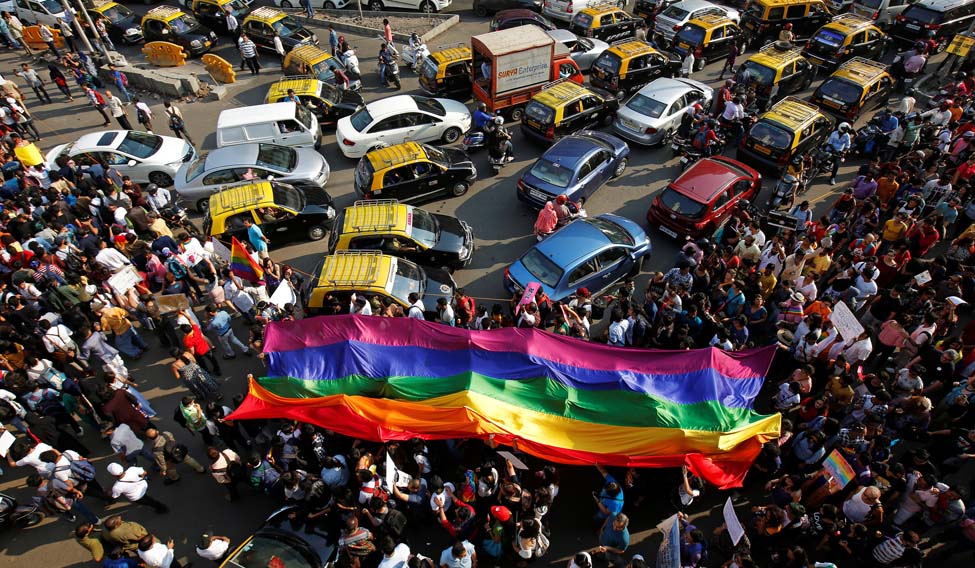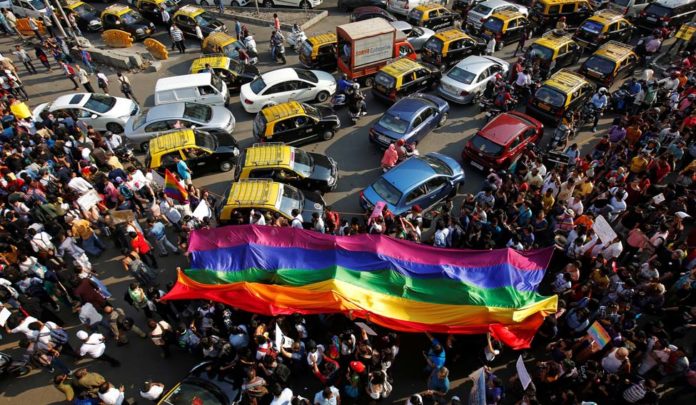
It is World Pride Day today, commemorating the Stonewall riots in New York on June 28, 1969, which marked the beginning of the global LGBT rights movement. Over the years, it has turned into a worldwide celebration of the entire month of June as Pride month, with organisations and corporates increasingly joining in, including in India.
Pride month celebrations have been particularly high profile over the last couple of years in India, with none less than Opposition leader Rahul Gandhi joining the chorus last year for equal rights. Many Indian corporates, ranging from giants like the Tatas to even a Gujarat-based agrochemical firm like GSP Crop Science have jumped into the fray, giving equal benefits to LGBTQIA+ (the full term representing the rainbow spectrum of sexual minorities) staffers as well as other benefits. Johnson & Johnson, for example, even used an artificial intelligence-powered writing platform to ensure its job postings are gender-neutral and ‘encourage candidates across the spectrum’ to apply.
However, these are predominantly restricted to MNCs and new-age IT firms in Indian cities. While business chamber FICCI has shared with its member companies toolkits and frameworks to ‘encourage corporates to be more diverse and inclusive,’ according to FICCI secretary general, most Indian companies still stick to just the usual turning social media profiles rainbow-hued or doing that politically-correct public service ad during June. Gay rights is yet to hit mainstream in India Inc as a best HR practice like in rest of the world. Why so?
“It has only been about three years since homosexuality has been decriminalised in India. While MNCs have a global footprint and are therefore able to take global equalising policies and adapt them in India,” said Sarthak Ranade, managing director of Janssen India, the Pharma division of global giant Johnson & Johnson. “Therefore, they are much better aligned to driving LGBTQ+ rights,” Ranade added. “With more awareness, there is a positive change in…many companies.”
“We, as a nation, still have a lot of work to do towards accepting and empowering the LGBTQIA+ communities,” said Keshav Suri, who runs the Lalit group, whose hotels across the country not only give employee benefits to same-sex staff but also host many LGBT events around the year.
Experts feel changes in education and inclusive directions from the top management can make a dent when it comes to gay rights. “(Company) leadership needs to be seen to be embracing a culture of acceptance of people of all identities and orientation,” said Ranade. “Equalising policies and benefits is the next step.”
What complicates matters further beyond the cultural prejudices against gay rights in India is also, ironically, the fact that the country has much bigger inclusion issues — ranging from women in the workplace to class, creed and of course, the biggest of the ‘C’ taboos, caste.
“Social stigmas in India are often based not just on one’s sexual orientation but also on intersections of age, caste, abilities and social class, making it an extremely complex space to navigate,” pointed out Nirmala Menon, founder & CEO of Interweave, an inclusion solutions consulting firm.
News outlets reported recently how Google was forced to cancel a presentation on caste in April to mark Dalit History Month, after some employees protested and alleged it was ‘anti-Hindu.’







